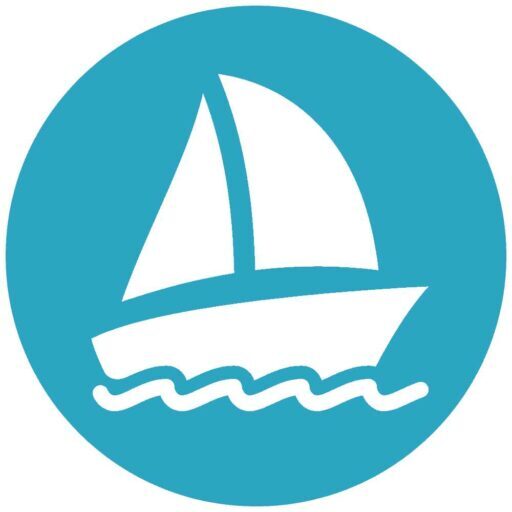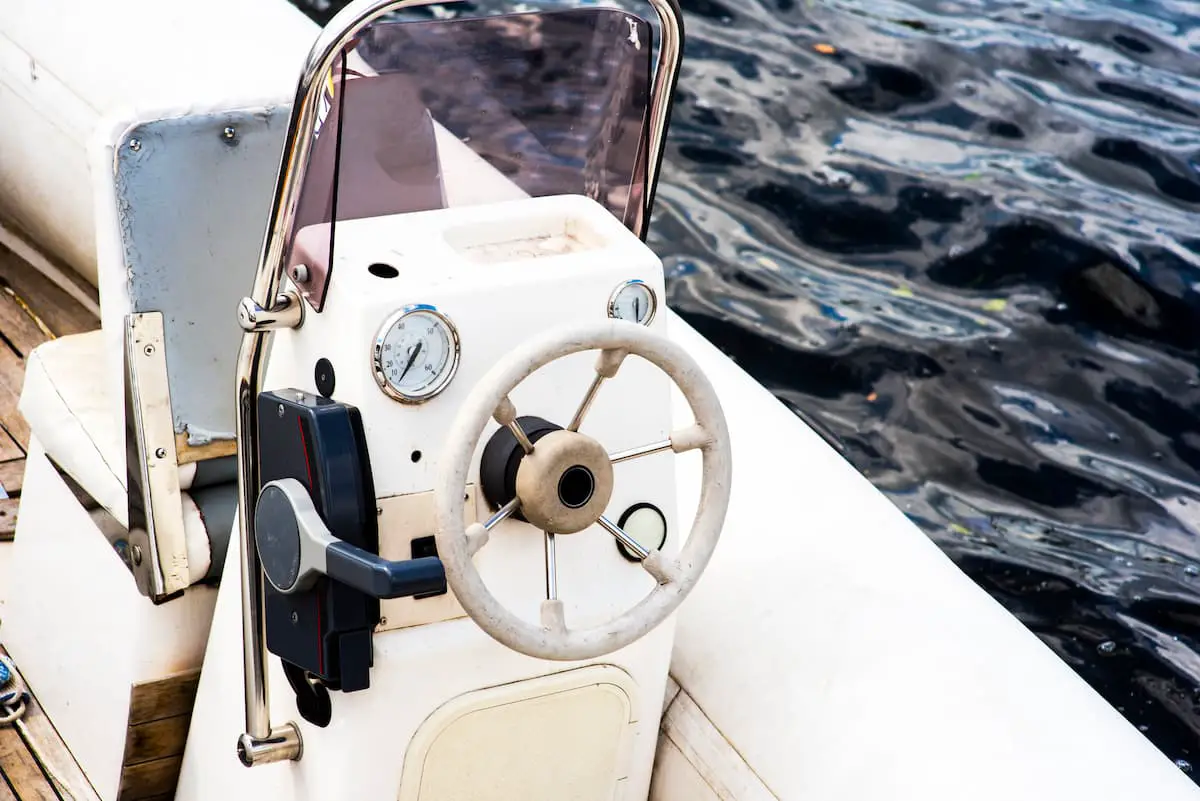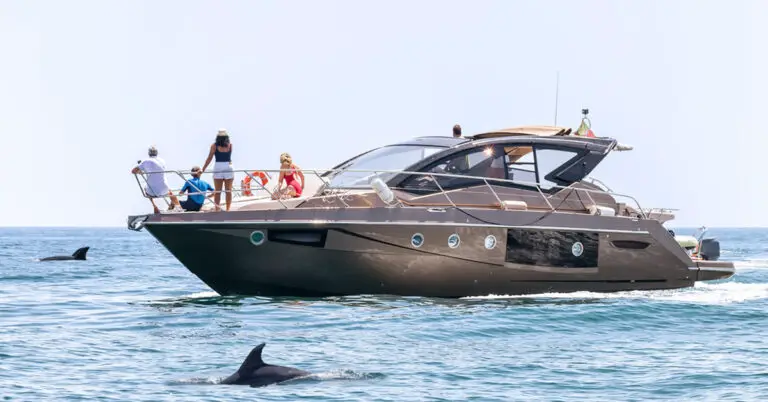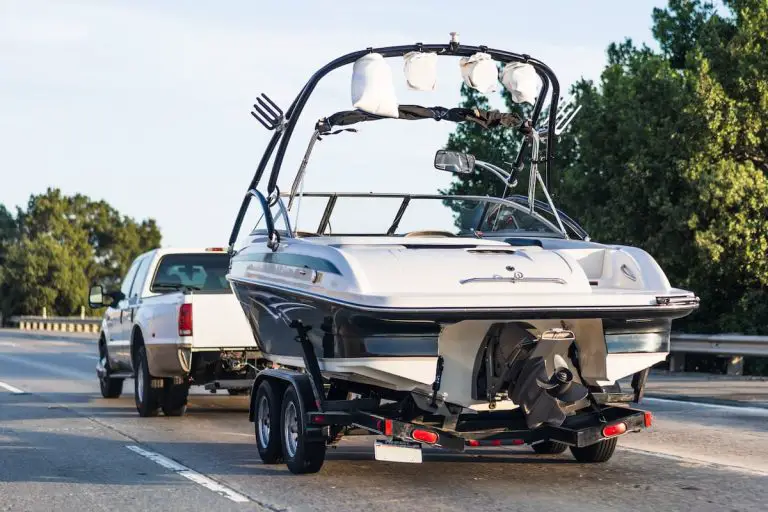Are Boat Steering Cables Universal? (Explained)
No matter what type of boat you have, it likely has a steering cable. In fact, most boats rely on these cables to help them maneuver. But are boat steering cables universal?
Boat steering cables are generally universal. The 3300/33 type control cable is the most popular and typically works with most boats. There may be some variations in the size or shape of the connector, but as a general rule, this type of cable should work with most boats.
This article will answer whether boat steering cables are the same and describe the types of cables on the market. Keep reading to learn more about these control cables and how to choose the right one for your vessel.
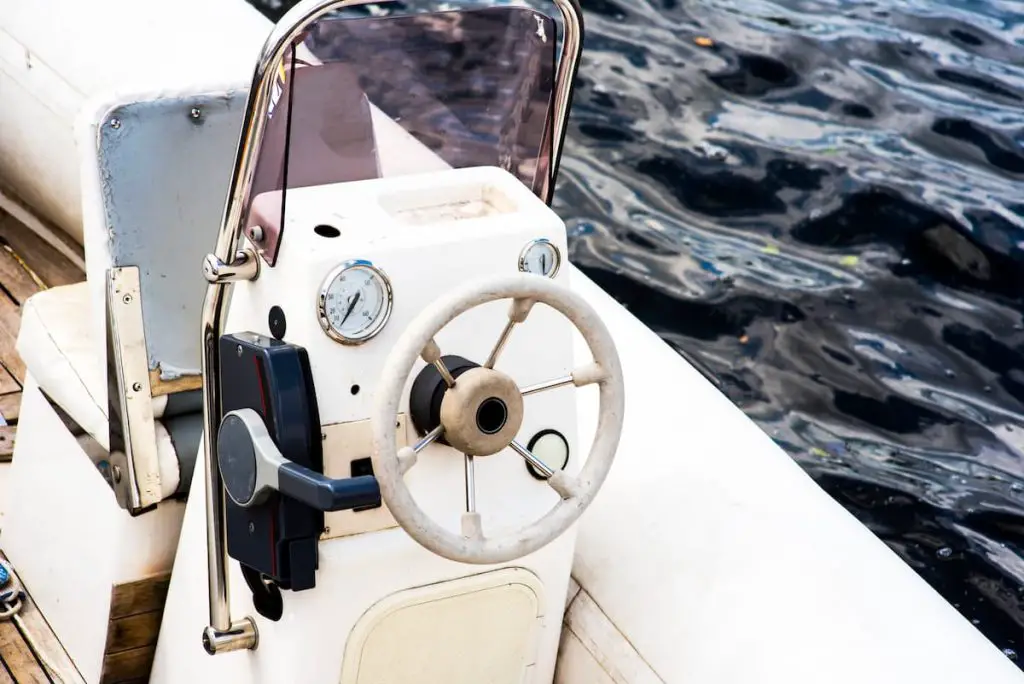
Are All Boat Steering Cables the Same?
Almost all boat steering cables are the same. The main difference is in the length and gauge of the cable. There are also slight differences in how the cable is terminated (usually with a standard pin-type or bayonet-type connector), but except for the length, these differences are insignificant.
There are a few different types of boat steering cables, but almost all of them are the same. Regardless of the type and length, these cables are responsible for transferring the energy from the steering wheel to the rudder or outboard motor. This allows you to steer your boat in the desired direction.
The bottom line is that while there are some differences between the types of boat steering cables, they all serve the same purpose and generally function similarly. Therefore, almost all of them are the same.
What Are the Different Types of Boat Steering Cables?
There are three different types of cables when it comes to boat steering: push-pull, rotary, and rack and pinion. Each type has its pros and cons, but they all do the same thing.
The following discusses the mentioned types of connectors in greater detail:
Push-Pull Boat Steering Cables Are Cheap but Not Durable
Push-pull boat steering cables are the most common cable used on boats. They’re relatively inexpensive and easy to install, but they can be challenging to adjust and are more likely to break than other types of cables.
The main advantage of push-pull cables is that they allow you to steer your boat from anywhere on the deck, which can be helpful in tight situations. However, if a cable breaks, it can be challenging to repair. If you’re looking for a durable, low-maintenance option, push-pull cables might not be the best choice.
Rotary Boat Steering Cables Are Durable and Easy To Use
Rotary boat steering cables are similar to push-pull cables, but they’re designed to be used with a rotary steering system. These cables are more expensive than push-pull cables, but they’re also more durable and easier to adjust.
If you’re looking for a cable that’s easy to install and can be used with various steering systems, rotary cables might be the right choice for you. However, keep in mind that they’re more difficult to find than push-pull cables.
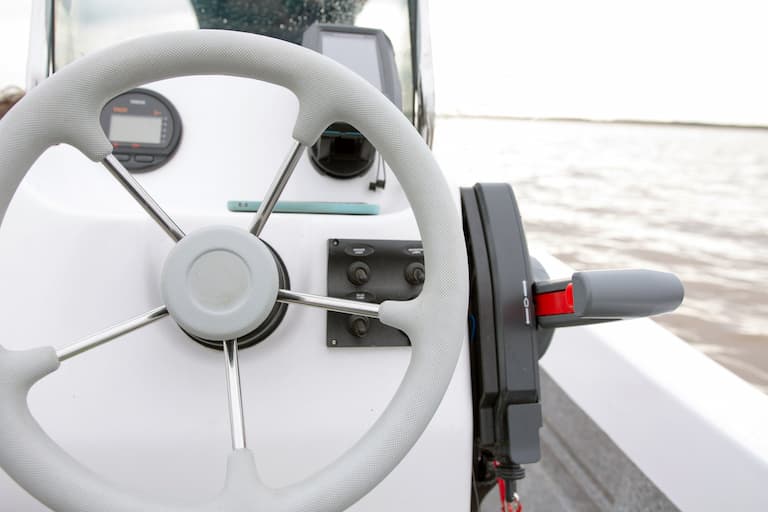
Rack and Pinion Boat Steering Cables Are Expensive and Highly Durable
Rack and pinion boat steering cables are the most expensive cable on the market, but they’re also the most durable. These cables are designed to be used with a rack and pinion steering system, which is more common on larger boats.
If you have a rack and pinion steering system or are looking for a cable built to last, these cables might be the right choice. However, keep in mind that they’re more expensive than other types of cables.
That said, if you need a steering cable and an outboard rotary steering system, try this Mophorn Rotary Steering Kit from Amazon.com. It comes with durable stainless steel construction and flexible screw-type adjusters, making it one of the best options on the market.
Do I Need a Special Kind of Cable for My Boat?
You don’t need a special kind of cable for your boat. Almost all boats use the same cable type, and the main difference is the cable length. You might only need a special kind of cable if you have a very large or very small boat.
For example, if you have a small boat, you might be able to get away with using a shorter cable. Conversely, you might need a longer cable if you have a large boat. Other than that, there’s no need to worry about getting a special kind of cable for your boat.
How Do I Know Which Type of Control Cable I Need?
Check the type of steering system you have to help you determine which type of control cable you need. You’ll need a push-pull cable if you have a push-pull system. But if you have a rotary system, you’ll need a rotary cable. Get a rack and pinion cable if you have a rack and pinion steering system.
If you’re unsure of the type of steering system you have, consult your boat’s owner’s manual or ask a professional. They’ll be able to help you determine which type of cable you need.
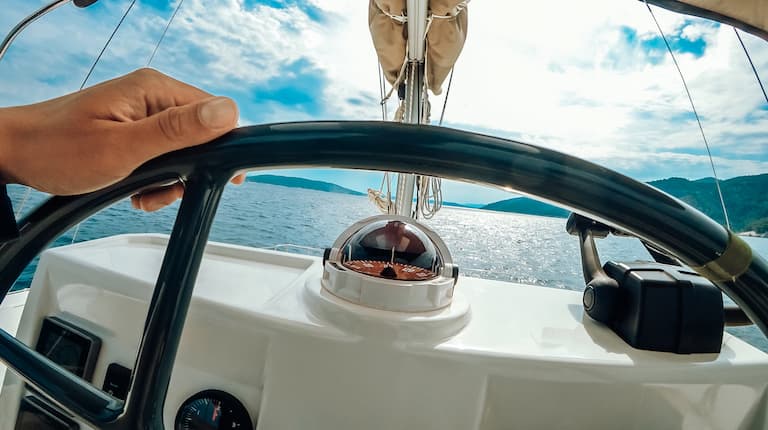
How Do I Know What Length Control Cable I Need?
You need to measure the distance from the steering wheel to the engine to know the length of the control cable you need. The cable should be long enough to reach from the steering wheel to the engine, with a little bit of slack.
Suppose you’re unsure of the distance, consult your boat’s owner’s manual or ask a professional. They’ll be able to help you determine the appropriate length for your cable.
Otherwise, the following video provides some useful tips on measuring boat steering cables:
What Is a Teleflex Cable?
A Teleflex cable is a type of control cable specifically designed for boats. Teleflex cables are made from high-quality materials and are known for their durability.
If you’re looking for a reliable, high-quality control cable, a Teleflex cable might be the right choice. However, keep in mind that this cable is pretty expensive, thanks to its premium construction.
Are Boat Steering Cables Universal – Conclusion
There are various types of boat steering cables on the market, but they all serve the same purpose: to connect the steering wheel to the engine. The main difference between these cables is in their construction and length.
If you’re unsure which type of cable you need, consult your boat’s owner’s manual or ask a professional. These resources should be able to help you determine the correct type of cable for your boat.
